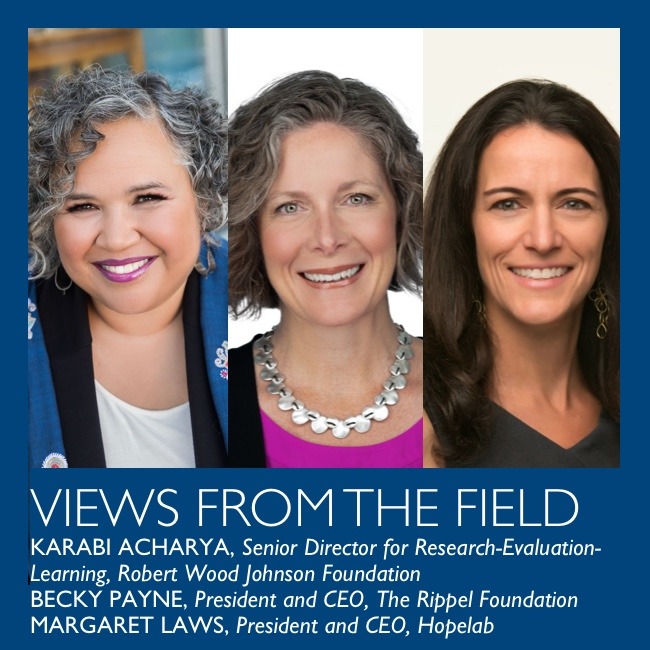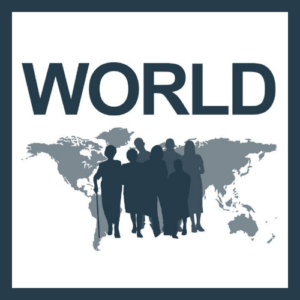Georgia Health Initiative: September 2025
A new report, “Progress Towards Vitality: A 10-Year Retrospective Analysis of Systems Focused Efforts to Improve Maternal Health in Georgia,” analyzes a subset of recommendations put forward by the Georgia Maternal Mortality Review Committee (MMRC) and the Georgia House Study Committee on Maternal Mortality to improve maternal mental health in the state.
Paid Leave and Job Protection for Parents, People Who Are Sick and People Who Have Sick Family Members
Lack of paid family caregiving and medical leave policy at the national level makes the United States a global outlier. In the absence of a national guarantee, more than a dozen states have passed and implemented necessary paid family and medical leave. WORLD Policy Analysis Center has developed a database and policy briefs that describe paid leave laws and policies.
Lori A. Cox and Kristy Klein Davis Join GIH Board of Directors
Grantmakers In Health (GIH) is pleased to announce the elections of Lori A. Cox, Vice President of Programs at The California Wellness Foundation, and Kristy Klein Davis, President of the Georgia Health Initiative, to its Board of Directors.
Healing for Our Healers: Funding Transformational Staff Wellness
The Healing Trust has prioritized support beyond the programmatic check since the early years of our grantmaking in 2003. While the “how” of the funding has changed over time, the “why” has consistently been to support the healing of nonprofit staff. This isn’t tangential to making strategic community-based investments, rather it is the foundation on which meaningful change can emerge. When funders invest in the well-being of the staff of partner organizations, it creates a culture where all people’s needs are prioritized and compassionately met. The nonprofit network thrives when its leaders are well-rested. When staff are well taken care of, the clients benefit by means of an energized supporter who shows up with creativity, patience, compassion, and joy.








